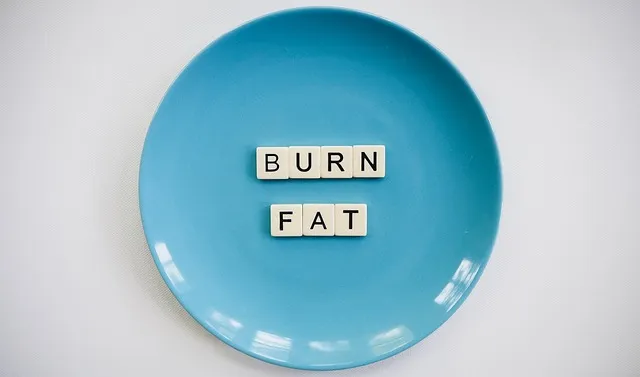
Research also shows decreasing alcohol consumption can help with weight loss, especially in people with diabetes (30). If you have a higher amount of weight to lose or a metabolic condition such as type 2 diabetes or prediabetes, you may want to consider a low-carb diet. Avoiding sugary beverages can be an effective weight loss strategy.
You may consider writing down your questions before seeing your practitioner so that you can make sure that everything is addressed. Your healthcare provider may also talk to you about how living with diabetes can affect your mental health as well. They will also make sure that your overall health is being taken care of too. High-intensity interval training (HIIT) seems to be particularly effective in reducing what’s also known as visceral fat (38). Regarding diet, intermittent fasting and eating protein seem more effective for losing visceral fat (39). That said, everyone stores fat in different places, so it isn’t possible to target certain areas for weight loss.
If you have been struggling to lose weight despite following a healthy diet and regular exercise regimen, it may be time to consider seeing an endocrinologist. Endocrinologists are medical professionals who specialize in diagnosing and treating hormonal imbalances, which can play a significant role in weight management.
Why consider seeing an endocrinologist?
Endocrinologists can help determine if there are underlying hormonal issues that are contributing to your inability to lose weight. Conditions such as hypothyroidism, polycystic ovary syndrome (PCOS), and insulin resistance can all impact your metabolism and make it more challenging to shed pounds.
By seeking the expertise of an endocrinologist, you can undergo thorough testing to assess your hormone levels and identify any potential imbalances that may be hindering your weight loss efforts. With this information, an endocrinologist can develop a personalized treatment plan to address these issues and help you reach your weight loss goals.
Aging presents many challenges for women, including making it harder than ever to lose weight. Repeated cycles of losing and regaining weight seem to promote changes in gut bacteria that lead to increased weight gain over the long term (9). In fact, a woman with a long history of yo-yo dieting will tend to have greater difficulty losing weight than one whose weight has remained relatively constant.
These secondary conditions, which frequently have endocrine causes, can be identified through a careful medical history, physical exam, blood tests, saliva tests and X-rays, if needed. Endocrinologists are doctors trained to diagnose and manage diseases that affect the glands and hormones. They aim to restore hormonal balance within the body’s systems.
What to expect during your appointment
We identified the degree to which previous clients were satisfied with these clinics based on our surveys and personal experience. Of course, we chose clinics with staff who thoroughly and patiently answer questions. We assessed the experience, capabilities, and certifications of the medical staff of each clinic. We also checked the background of each one to check their credibility and reputation. If you have any conditions mentioned above, you may need to see an endocrinologist. If your condition is found out to be caused by other problems unrelated to endocrinology, your endocrinologist will refer you to the relevant specialist.
During your visit to an endocrinologist, you can expect to discuss your medical history, current symptoms, and lifestyle habits. The endocrinologist may order blood tests to measure your hormone levels and assess how they may be impacting your weight. Based on the results, they will work with you to create a treatment plan that may include medication, dietary changes, or other interventions to help you lose weight effectively.
Overall, if you have been struggling to lose weight and suspect that hormonal imbalances may be to blame, scheduling an appointment with an endocrinologist is a proactive step towards achieving your weight loss goals. By addressing any underlying hormonal issues, you can improve your chances of successfully losing weight and maintaining a healthy lifestyle.




